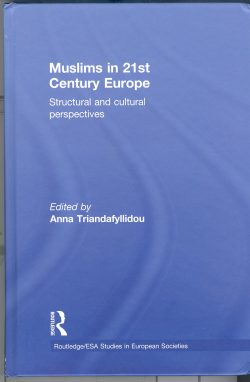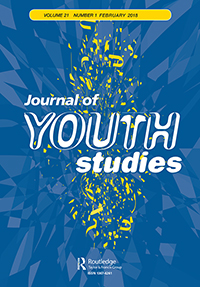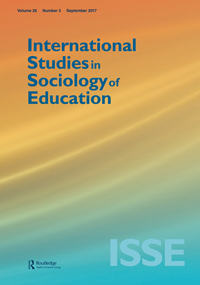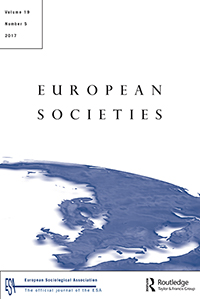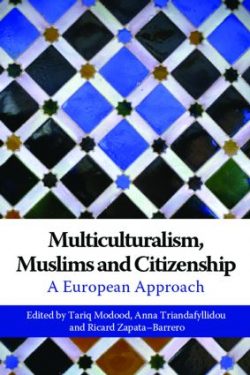Europe is undergoing considerable demographic, political and social change as it moves towards a knowledge economy. At a time when Europe has entered accession talks with Turkey, politicians and policy-makers are presented with the challenge of constructing and promoting an inclusive multi-ethnic concept of Europe.
The project is a response to these challenges and aims to address this research gap by developing a deeper understanding of (a) the ways in which EU policy-makers and politicians combine multicultural and European agendas and address the presence of Muslim communities in Europe; (b) the ways in which national educators and policy-makers in European countries with sizeable Muslim populations perceive European and multicultural agendas; and, (c) the ways in which school curricula of subjects like Geography, History and Citizenship address notions of multiculturalism and Europe.
The Multicultural Europe project is closely connected with the first phase of the EMILIE project. The choice of countries to be studied and compared includes Germany (old host country with a monocultural vision), England (old host country with a multicultural vision) and Greece (new host country with a monocultural vision), indeed three countries that have put different emphasis on their multicultural and European agendas. The project aims at making a contribution to comparative policy research and is concerned with a range of societal issues relevant for all EU member states. For example, the need to transform national curricula into more inclusive European and global learning approaches. The findings are meant to contribute to a larger debate on the future of multicultural Europe.
Contact persons
Dr. Daniel Faas, Marie Curie Research Fellow
Dr. Anna Triandafyllidou, Scientist in charge






